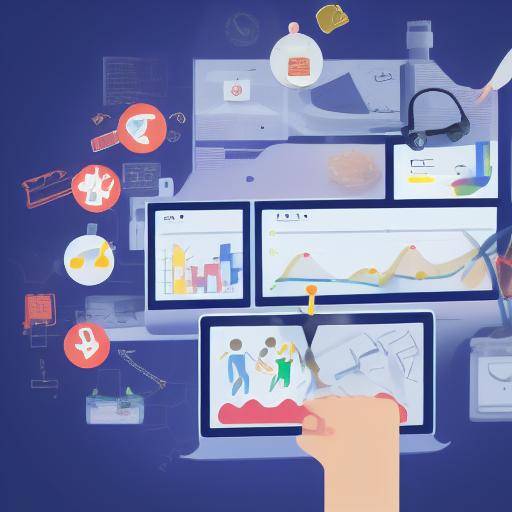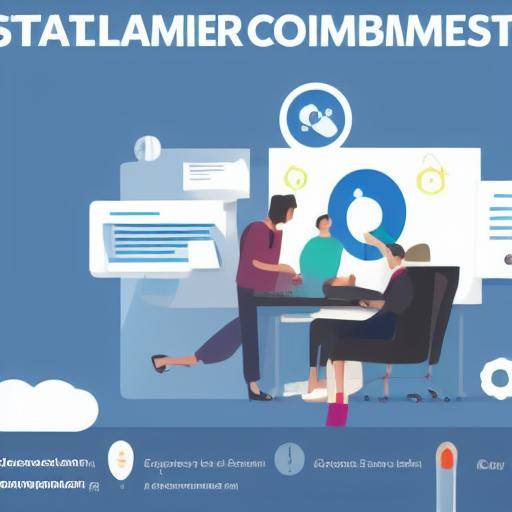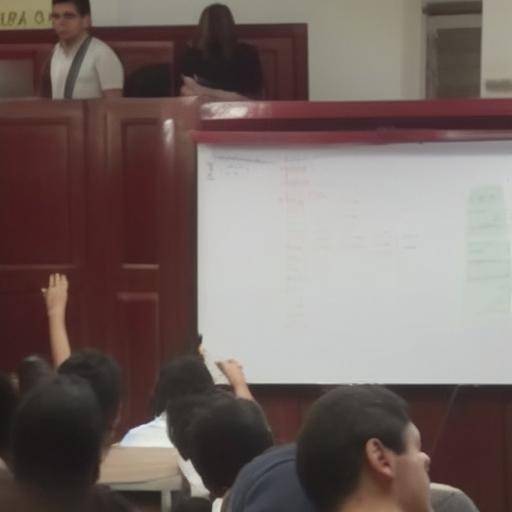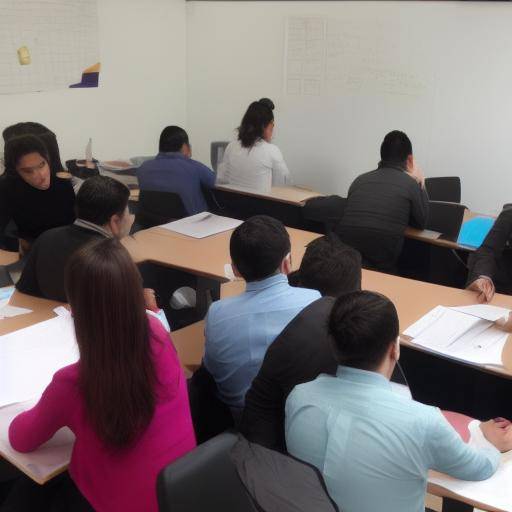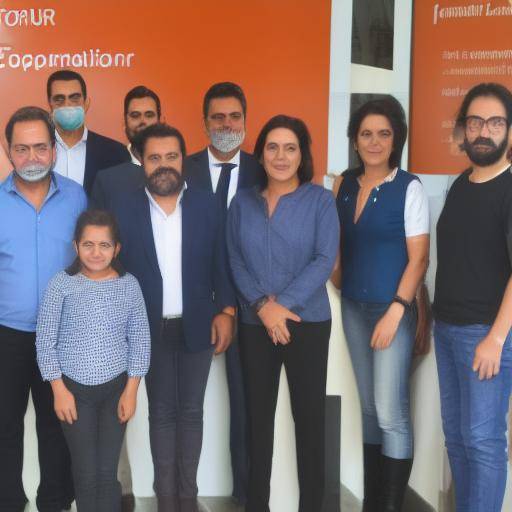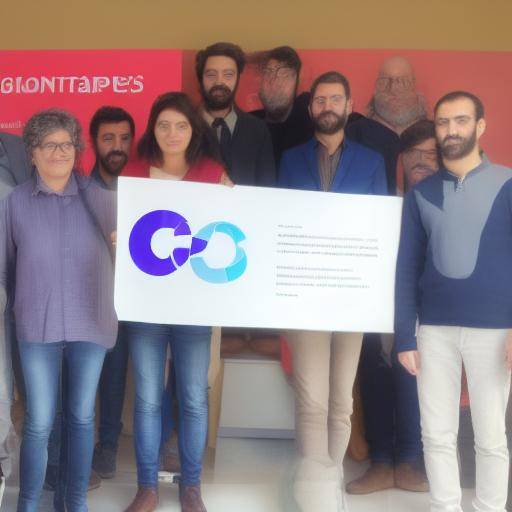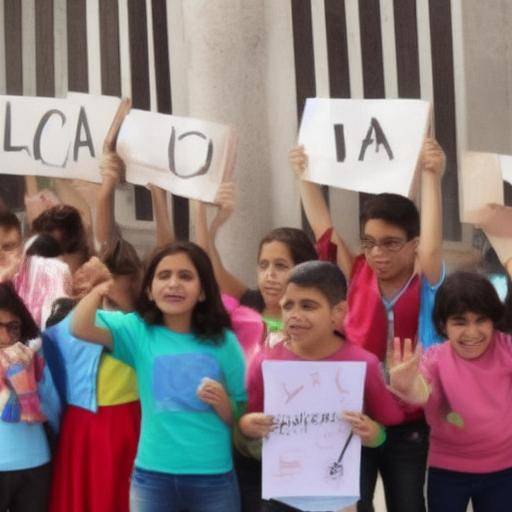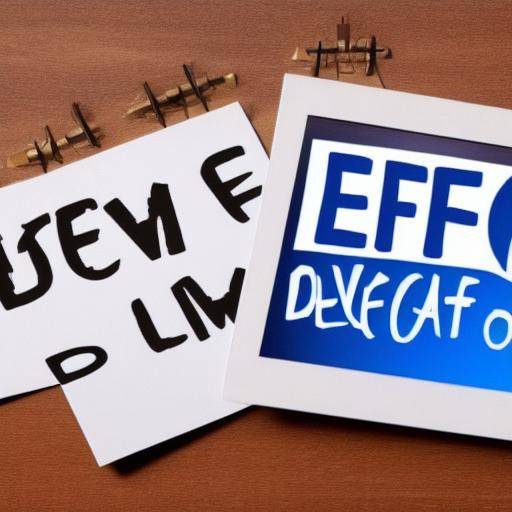
Decision-making is a crucial aspect in the personal and professional life of any individual. The ability to make effective decisions can significantly impact the results of a company, as well as the well-being and development of a person in their daily lives. In this article, we will explore key strategies for effective decision-making, providing valuable information and practical advice to improve this important skill.
Introduction
Decision-making is a fundamental part of our lives, from choosing what to eat at breakfast to strategic decisions at work. However, not all have the skills to make effective decisions. In this article, you will learn proven strategies to improve your decision-making skills, which will help you have a positive impact on your life and career.
History and Background
Decision-making has been an area of interest and research throughout history. From the first Greek philosophers who discussed ethics in decision-making to the development of modern tools and theories, this discipline has experienced significant evolution.
Origins and Development
Decision-making has been an inherent part of the human being since ancient times. The ancient philosophers, such as Socrates, Plato and Aristotle, reflected on ethics and logic behind decision-making. Their ideas laid the foundations for critical thinking and rational assessment that remain critical in actual decision-making today.
During the industrial revolution, formal theories and models emerged for decision-making, such as the theory of decision, which provided a systematic framework to address the complexity of decisions in business and organizational environments.
Significant issues
In the twentieth century, the field of Psychology played an important role in the study of decision-making, with the introduction of concepts such as cognitive bias, the theory of perspective and heuristics that influence our daily decisions.
The phenomenon of globalization and technological development have added new dimensions to decision-making, such as risk management in a constantly changing environment and data-based decision-making.
Detailed Analysis
Effective decision-making entails multiple benefits, but also significant challenges. It is crucial to understand the factors that influence decision-making and how to address them for positive results.
Benefits
The domain of effective decision-making can generate numerous benefits both at the personal and business levels. Among the most outstanding benefits are improved productivity, increased self-confidence, effective risk management, and the ability to solve problems efficiently.
Current Challenges and Trends
Effective decision-making faces challenges, such as overloading of information, uncertainty and temporary pressure. In addition, current trends, such as artificial intelligence and predictive analysis, are transforming the way decisions are made in corporate environments.
Comprehensive review
There are various strategies and approaches to effective decision-making, each with its own advantages and disadvantages. It is essential to understand these strategies to apply them appropriately in different contexts.
Traditional Strategies vs. Innovators
Traditional strategies, such as cost-benefit analysis and hierarchical approach, have been critical in decision-making. However, innovative strategies, such as side thinking and collaborative decision-making, are gaining relevance in an increasingly interconnected and dynamic world.
Success Cases and Best Practices
Studying success stories and best practices in effective decision-making is an integral part of the learning process. Analyzing how leading organizations have addressed key challenges, such as disruptive innovation or crisis management, can provide valuable lessons applicable to different contexts.
Comparative analysis
It is crucial to understand the differences between conventional and effective decision-making, as well as strategies that can promote positive results. Compare and contrast different approaches allow us to identify areas of improvement and possible synergies between different strategies.
Identification of similarities and differences
While conventional decision-making is based on established processes and traditional approaches, effective decision-making focuses on agility, adaptability and ability to address complex challenges in an iterative manner.
Examples and Scenarios
By analysing concrete examples, such as strategic decisions in project management or conflict resolution in multidisciplinary teams, we can better understand how different strategies impact on the results and satisfaction of the parties involved.
Practical Tips and Accessible Tips
To improve effective decision-making, practical and actionable advice is essential. These recommendations have proven to be effective for individuals and organizations seeking to optimize their decision-making processes.
Key Points to Consider
- Promote an informed and responsible decision-making culture.
- Use data display tools and techniques to facilitate analysis.
- Practice decision-making through simulations and hypothetical scenarios to develop critical skills.
Step to Step Guides and Justifications
Providing step-by-step detailed guides for the implementation of effective decision-making strategies can provide clarity and guidance to readers. It is also important to justify each step with solid foundations for a comprehensive understanding.
Ideas and Views of Experts
The contribution of experts in decision-making and strategies offers a valuable perspective that enriches the content and enriches the reader's knowledge.
Future forecasts
Emerging trends, such as artificial intelligence-based decision-making and predictive analysis, are shaping the future of effective decision-making. Being aware of these trends allows us to anticipate challenges and opportunities.
Conclusions and FAQs (FAQs)
Final Conclusions
Effective decision-making is an essential component for personal and professional success. By applying the strategies highlighted in this article, you will be better prepared to face challenges and take advantage of opportunities.
Frequently asked questions (FAQs)
1. How can I improve my ability to make difficult decisions?
Making tough decisions requires practice and a reflective approach. Identify your values and priorities, consider the possible ramifications of each decision, and look for feedback from trusted people.
2. What is the role of intuition in effective decision-making?
Intuition can be a useful tool in decision-making, but it must be supported by rational analysis and relevant data to avoid bias.
3. How to handle pressure by making critical decisions in crisis situations?
Effective pressure management in critical situations requires pause, gathering relevant information, and considering different scenarios before making a decision.
4. How to promote an effective decision-making culture in an organization?
To promote an effective decision-making culture, it is important to promote transparency, provide training in decision-making skills, and recognize and reward informed decision-making.
5. What is the impact of effective decision-making on leadership?
Effective decision-making strengthens leadership capacity in building confidence, responsibility and capacity to address challenges with determination.
6. How can organizations incorporate effective decision-making into their strategic planning?
Organizations can incorporate effective decision-making into their strategic planning by fostering a data-based approach, promoting interdepartmental collaboration, and establishing continuous review processes.
In short, effective decision-making is an art and a science that can be learned and perfected. The implementation of sound strategies, the development of sound skills and the incorporation of ethical and rational principles are critical to achieving successful results. By following the strategies discussed in this article and understanding the key concepts thoroughly, you can develop and strengthen your effective decision-making skills, which will have a positive impact on your personal and professional life.












